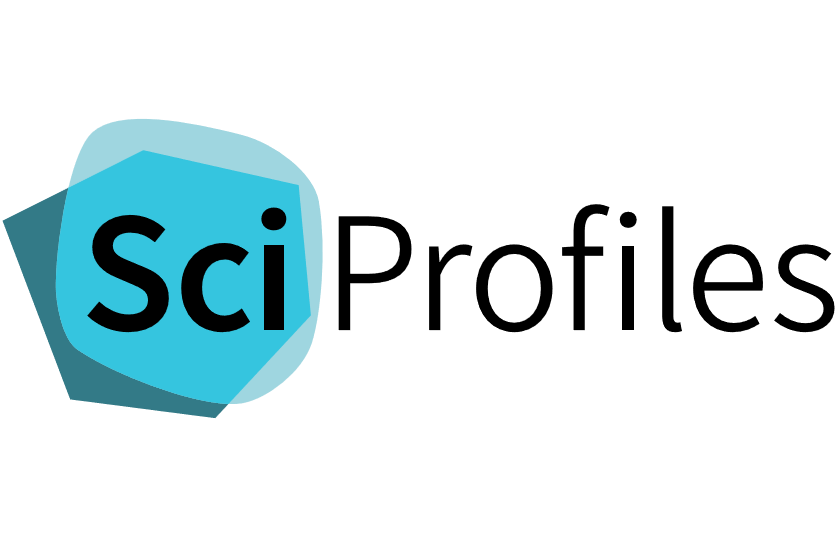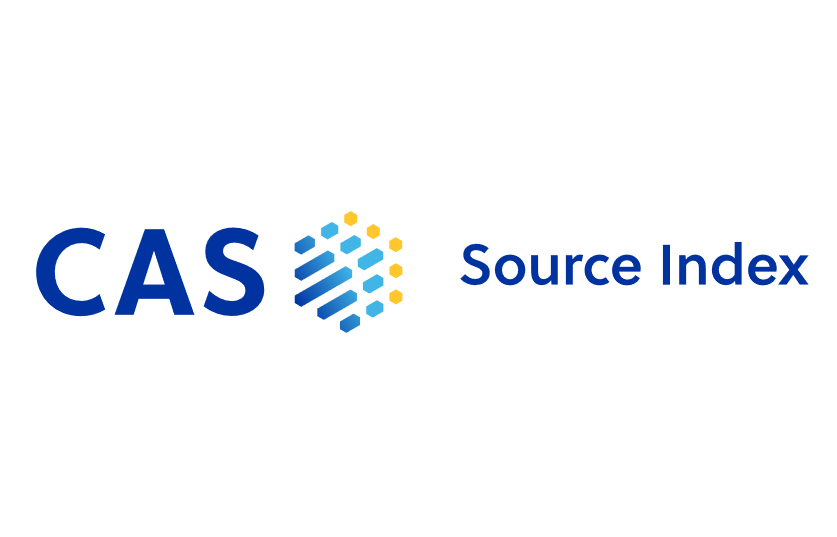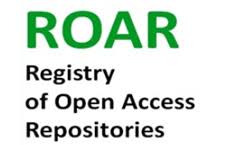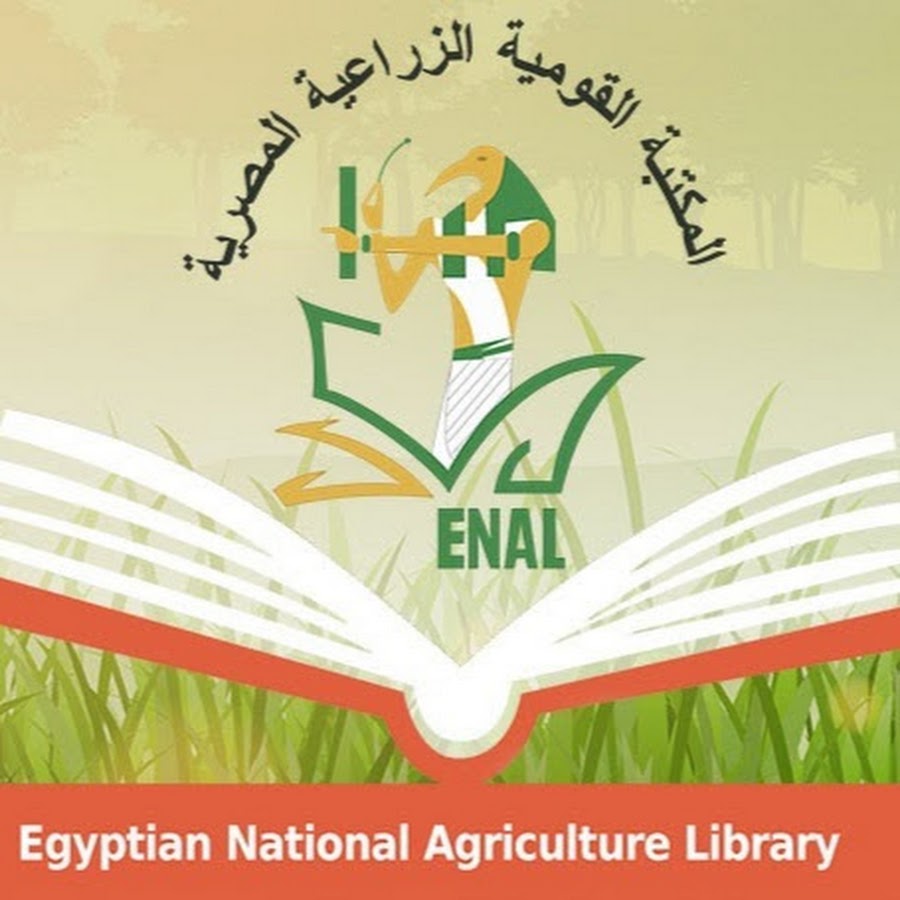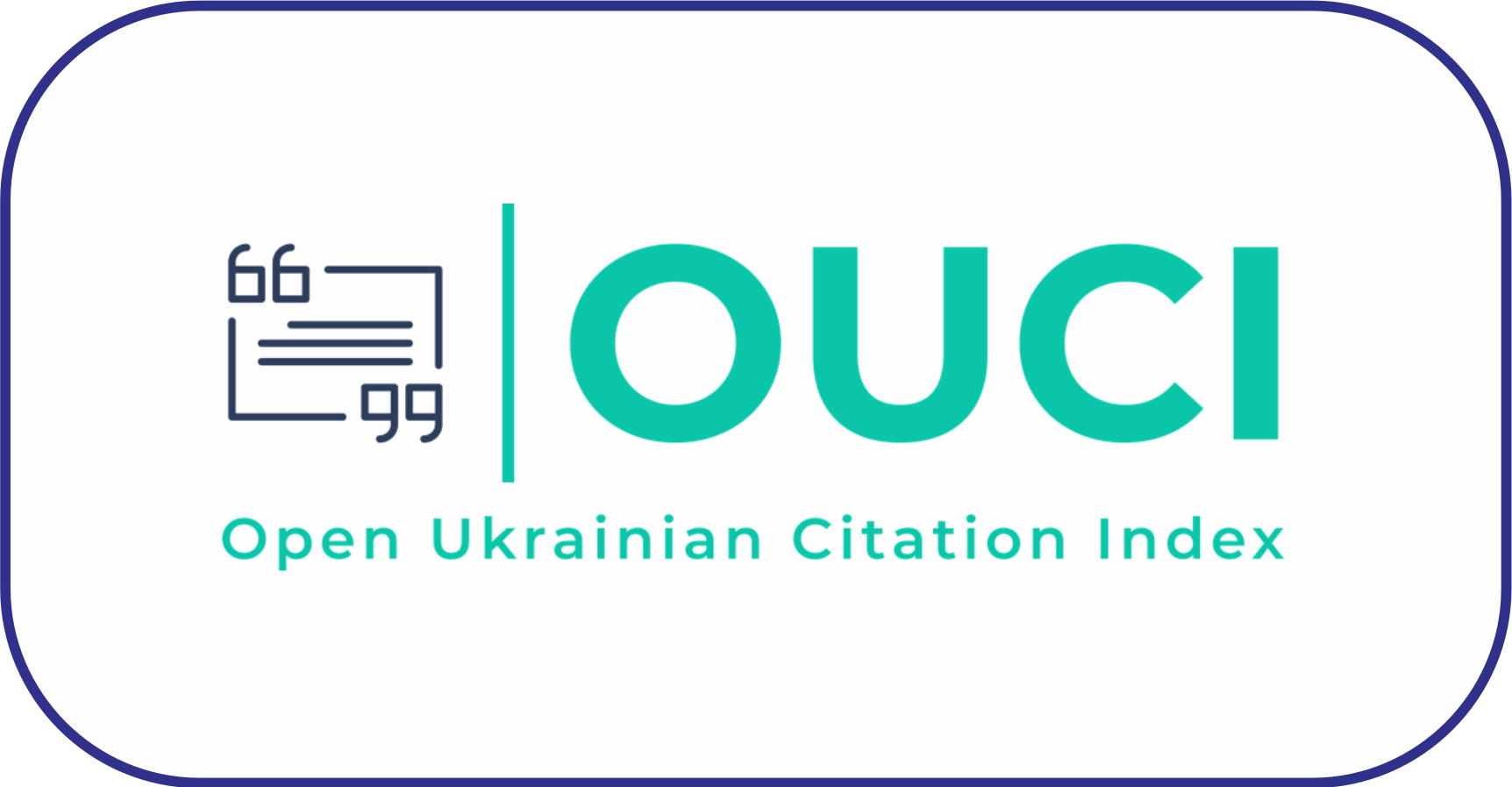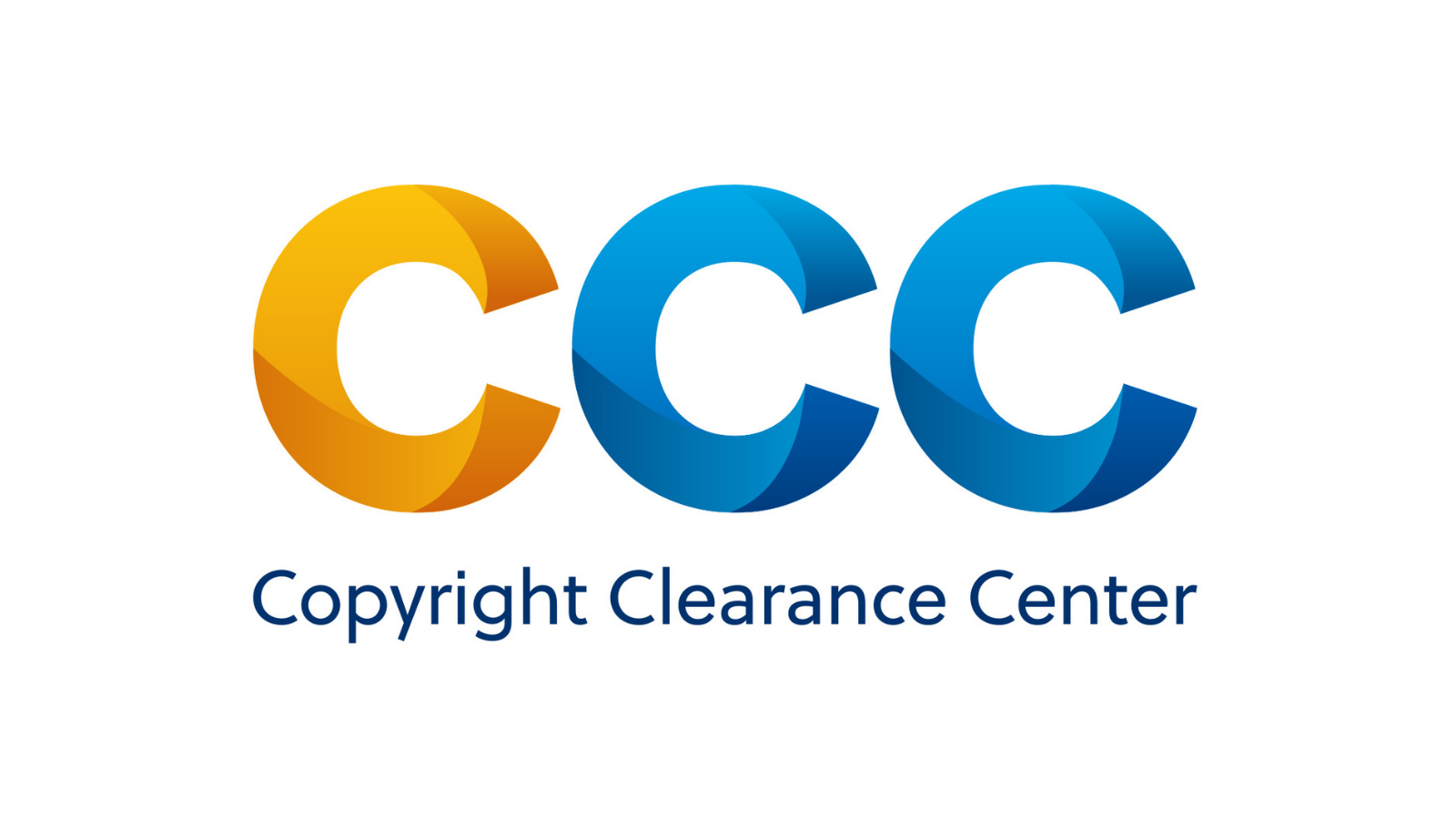ISSN: 3079-174X
Retraction Policy
It is a general principle of scholarly communication that the editor of an academic journal is solely and independently responsible for deciding which articles submitted to the journal shall be published. In making this decision the editor is guided by policies of the journal's editorial board and constrained by such legal requirements in force regarding libel, copyright infringement and plagiarism. An outcome of this principle is the importance of the scholarly archive as a permanent, historic record of the transactions of scholarship. Articles that have been published shall remain existent, exact and unaltered as far as is possible. However, very occasionally circumstances may arise where an article is published that must later be retracted or even removed. Such actions must not be undertaken lightly and can only occur under exceptional circumstances. This policy has been designed to address these concerns and to take into account current best practice in the scholarly and library communities.
Advances in Agriculture and Biology (AAB) supports the view that publishing ethics are of the utmost importance and will strive to maintain the integrity and completeness of the scholarly record to researchers and librarians and attaches the highest importance to maintaining trust in the authority of its electronic archive. Occasionally, there are exceptional circumstances that result in a retraction of a published article: violations of ethical conduct, which include, but are not limited to, plagiarism, multiple submissions of the same article, fraudulent use of data, invalid claims of authorship, duplicate publication, and unethical research. Retractions may be requested by authors or the editor of a journal, and such requests for retraction are investigated thoroughly, following COPE’s (Committee on Publication Ethics) guidelines.
In case of retraction of the article, a retraction notice is published in the next available issue. In the online version of the retracted article, the retraction notice will be attached to the original version, and the original article will be retained in PDF with a watermark on each page reading “Retracted.” All retraction notices explain why the article was retracted.
Retraction procedure for publication in an issue
A replacement version of the article will be posted containing just the metadata (title and authors), with a retraction note replacing the original text. The PDF will be replaced with a version watermarked with “Retracted” but the original text will remain accessible. A retraction notice will also be published in the next available print issue. In rare cases, we may have to remove the original content for legal reasons. In such cases we will leave the metadata and replace the text with a note saying the article has been removed for legal reasons. A retraction notice will also be published online.
Article withdrawal
Only used for Articles in Press which represent early versions of articles and sometimes contain errors, or may have been accidentally submitted twice. Occasionally, but less frequently, the articles may represent infringements of professional ethical codes, such as multiple submission, bogus claims of authorship, plagiarism, fraudulent use of data or the like. Articles in Press (articles that have been accepted for publication but which have not been formally published and will not yet have the complete volume/issue/page information) that include errors, or are discovered to be accidental duplicates of other published article(s), or are determined to violate our journal publishing ethics guidelines by our editors may be “Withdrawn” from AAB. Withdrawn means that the article content (PDF) is removed and replaced with a HTML page and PDF simply stating that the article has been withdrawn.
Article retraction
Occasionally a retraction will be used to correct errors in submission or publication. The retraction of an article by its authors or the editor under the advice of members of the scholarly community has long been an occasional feature of the learned world. Standards for dealing with retractions have been developed by a number of library and scholarly bodies, and this best practice is adopted for article retraction by AAB:
- A retraction note titled “Retraction: [article title]” signed by the authors and/or the editor is published in the paginated part of a subsequent issue of the journal and listed in the contents list.
- The original article is retained unchanged save for a watermark on the .pdf indicating on each page that it is “retracted.”
Article removal: Legal limitations
In an extremely limited number of cases, it may be necessary to remove an article from the online database. This will only occur where the article is clearly defamatory, or infringes others’ legal rights, or where the article is, or we have good reason to expect it will be, the subject of a court order, or where the article, if acted upon, might pose a serious health risk. In these circumstances, while the metadata (Title and Authors) will be retained, the text will be replaced with a screen indicating the article has been removed for legal reasons.
Author name change requests
AAB wishes to ensure a smooth process and experience to facilitate author name changes after publication. Authors may change their name for many reasons, including marriage, divorce, change in religion, change in gender identity, and other personal reasons.
As part of our author name change policy, AAB will seek to uphold the following principles:
- As changing one’s name is a deeply personal decision, AAB acknowledges that an individual might not wish to disclose the change to a large audience. Authors have the option to update their name with or without indication that a change has been made. The changes will be made directly on the article(s). Unless explicitly requested, AAB will not include a notice of correction in any format.
- AAB respects your right to privacy and will not inquire as to the reasons for the name change or request evidence documenting a “legal” name change. However, authors must confirm that they are requesting the change on behalf of themselves.
- AAB will not request the approval of any co-authors on the paper to update the name. Researchers may wish to inform their co-authors of the change, for example, so that they use an updated offline copy or change the way they cite the publication. Alternatively, AAB will notify the corresponding author alone as standard practice. Authors may instruct AAB to wait until a particular date to enact the name change to allow time to communicate with co-authors if desired.
- AAB recommends using an ORCID to authors who change their name and want to ensure that all of their prior publications are discoverable in one place.











